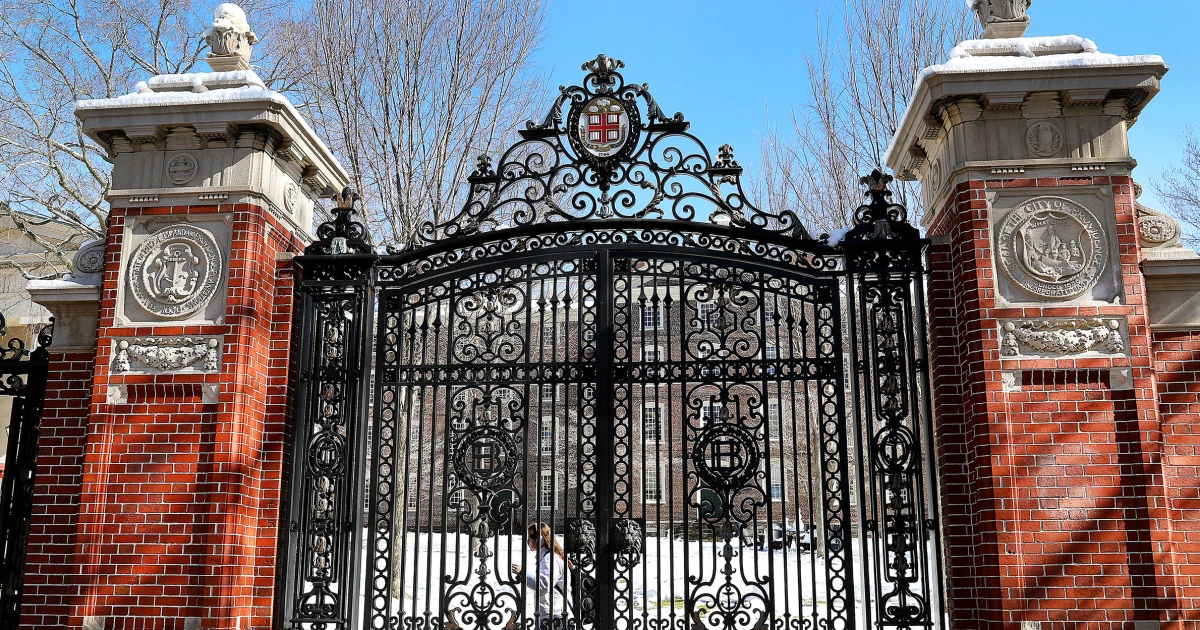Copyright MSNBC

Donald Trump and his administration have spent much of the year targeting American higher education in a multifaceted campaign, but the story took an unexpected turn earlier this month when the Republican White House unveiled a “Compact for Academic Excellence in Higher Education.” The document, sent to nine leading U.S. universities, offered the schools a deal of sorts. The institutions would become eligible for preferential treatment in the distribution of federal grants, but in exchange for this special status, the universities would have to give Team Trump greater control over everything from admissions to tuition, faculty to speech codes. It’s not working: Last week, five giants in higher education — Brown University, M.I.T., the University of Pennsylvania, the University of Southern California and the University of Virginia — all effectively told the White House, “Thanks, but no thanks.” The New York Times reported on one especially interesting element of the larger story: Brown’s decision, in particular, is a case study of how the White House may have misjudged its own strength and academia’s nerve, especially once one of Mr. Trump’s top aides said that the nine schools initially chosen to consider the proposal were ‘good actors,’ or could be. After Trump officials abruptly moved to shut off federal money in April, Brown forged a multimillion-dollar settlement in July. But when the Trump administration returned this month and asked the school to consider its ideology-for-funding compact, it refused to sign. In other words, earlier this year, Brown was one of the many universities that came under fire from Team Trump. A few months later, the school grudgingly struck deal with the administration. At the time, Brown administrators probably thought they were in the clear. After all, they’d already struck a deal with the president’s team, which presumably removed them from the West Wing’s enemies list. But Brown quickly discovered that it wasn’t enough: The school struck a deal in July, only to have the White House come back again in October with another appeal. If the university wanted special treatment, only available to Trump’s true pals, Brown would have to give the president’s operation even more control over how the institution operates. And it was at that point that Brown decided it wasn’t negotiating with an administration working in good faith. (It was a lesson Columbia University learned months earlier.) It was also a lesson a variety of prominent American law firms also learned this year. The broader point shouldn’t be lost on those working in any field: Trying to appease or placate the White House is a fool’s errand. Yes, those who refuse Team Trump’s ridiculous offer risk drawing the president’s wrath. But therein lies the point: Accepting his offers won’t immunize you. On the contrary, he’ll just keep coming back for more. It’s something for the other schools still weighing what to do with the proposed “compact” to keep in mind.



